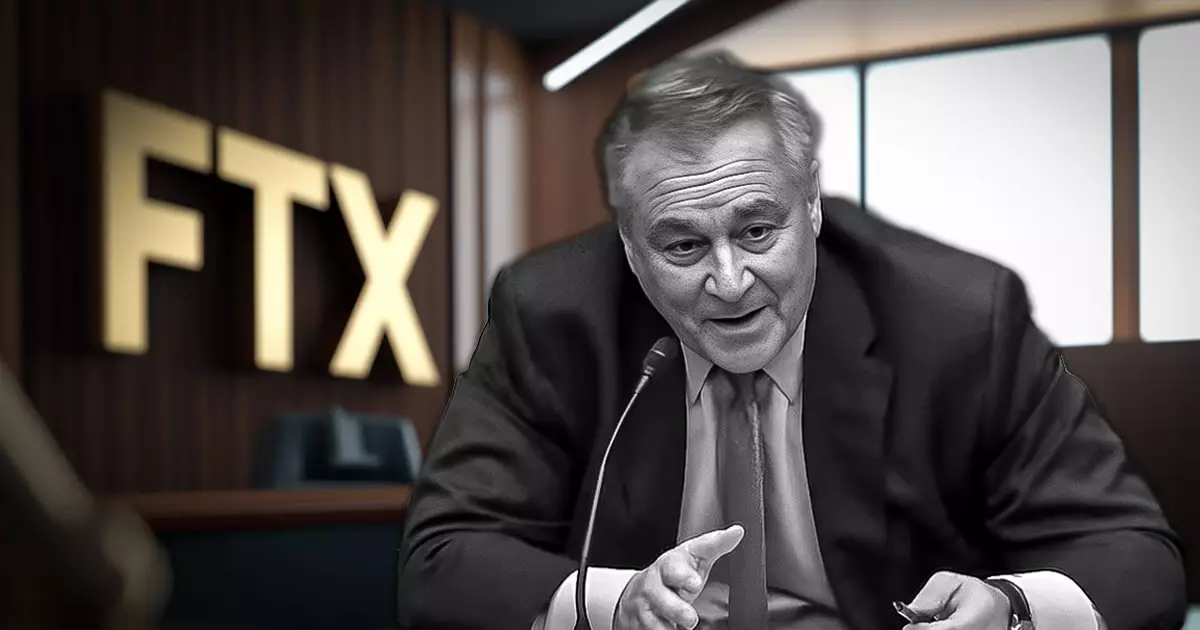The collapse of cryptocurrency exchange FTX marked a significant moment in financial history, exposing severe mismanagement and ethical shortcomings within the organization. This downfall led to legal repercussions for various stakeholders, setting the stage for ongoing bankruptcy proceedings aimed at recovering as many assets as possible to compensate defrauded creditors. As the situation evolved, John J. Ray III, the new CEO, has been at the forefront of these efforts, driving a recovery strategy that hinges not only on financial audits but also on strategic decisions regarding the treatment of key individuals, including former engineering director Nishad Singh.
In a compelling argument presented to the US District Court for the Southern District of New York, Ray emphasized the importance of keeping Singh out of prison to facilitate a more effective recovery process for FTX’s creditors. This advocacy raises pertinent questions surrounding justice, accountability, and the complexities of corporate governance in the wake of financial misconduct. Ray’s assertions highlight Singh’s role as a valuable asset to the ongoing legal recovery efforts, owing to his intimate knowledge of FTX’s operational intricacies. Singh’s technical background enables him to provide insights essential for tracing and recovering misappropriated funds, particularly those linked to assets purchased under questionable circumstances.
Singh’s case exemplifies the dynamics of legal cooperation in corporate malpractice cases. By pleading guilty to financial misconduct and campaign finance violations, Singh has established himself as a figure crucial to shedding light on FTX’s fraught financial landscape. His cooperation has been described as a “substantial assistance” by prosecutors in their case against former CEO Sam Bankman-Fried. This aspect of plea bargaining serves as a double-edged sword—while it provides a platform for recovering assets and potentially stabilizing the company’s financial standing, it also poses moral and ethical dilemmas regarding accountability and punishment for executives involved in wrongdoing.
As Judge Lewis Kaplan deliberates on Singh’s sentencing, the considerations surround the balance of accountability versus the necessity of cooperation. The arguments put forth by Singh’s legal team, aiming for leniency through a time-served plea, underscore the pragmatic approach often taken in complex financial crimes. The outcome will not only impact Singh but will also set a precedent for how similar cases are handled, especially in light of ongoing challenges in the cryptocurrency sector.
FTX’s ongoing recovery efforts are emblematic of broader challenges facing the cryptocurrency landscape. Under Ray’s leadership, the firm has made strides in tracing and recouping valuable assets, but the path ahead remains fraught with uncertainties. Singh’s continued cooperation could not only expedite asset recovery but also foster a climate of accountability and transparency that might be critical to restoring trust in digital finance. The intersection of legal implications, financial recovery, and ethical considerations remains a focal point in understanding the future of FTX and the larger cryptocurrency ecosystem. As this case unfolds, it will offer insights into potential reforms necessary to safeguard against similar failures in the future.


Leave a Reply